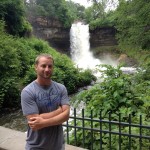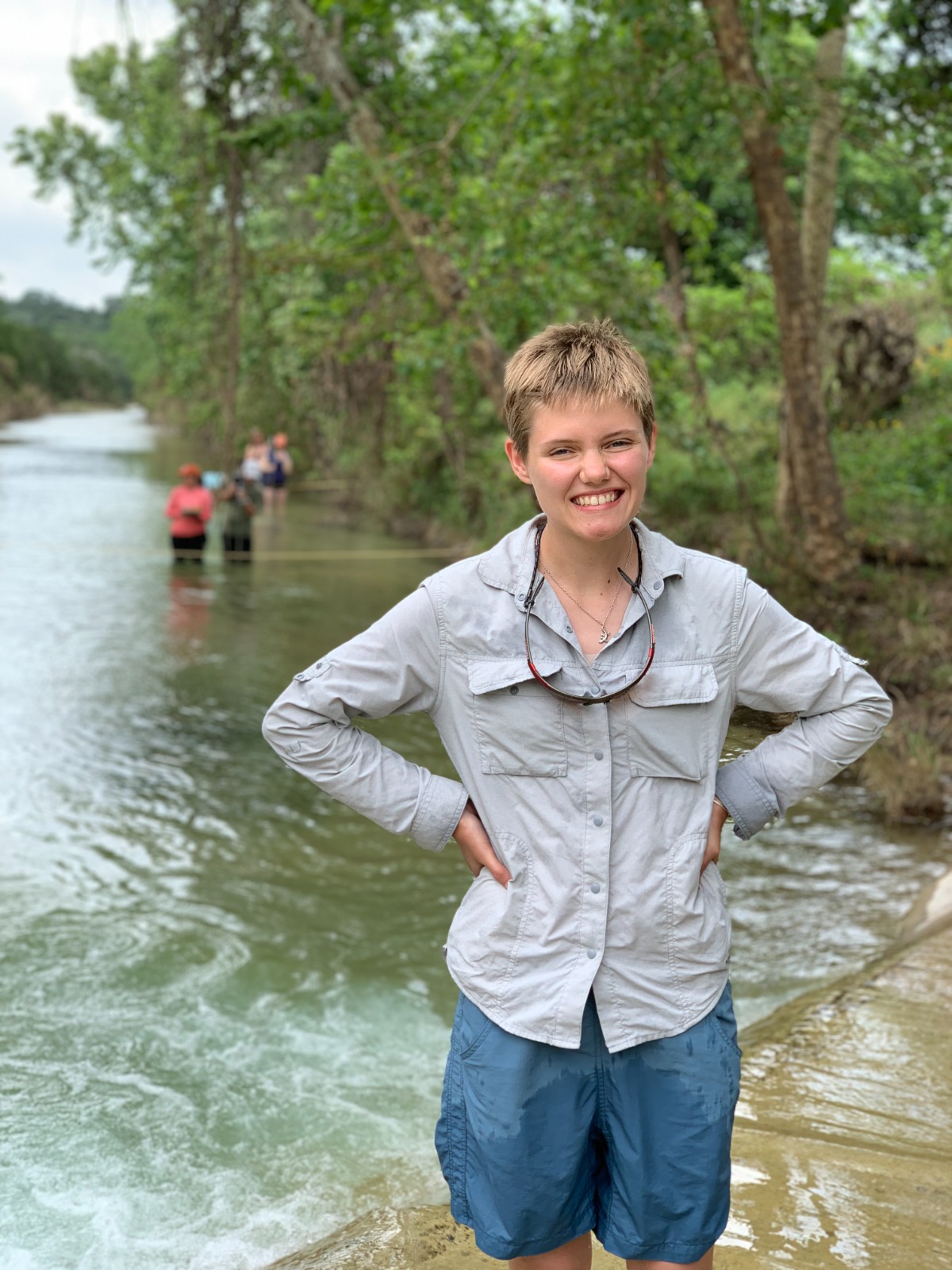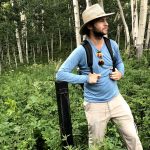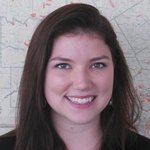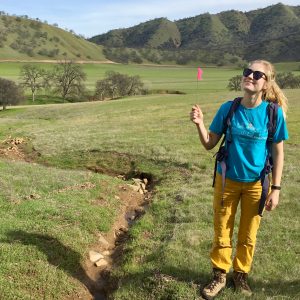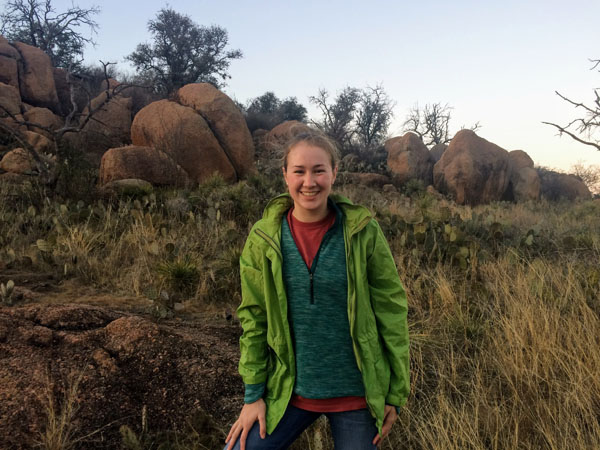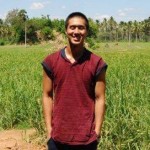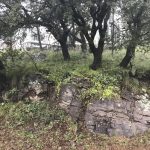People
Daniella M. Rempe
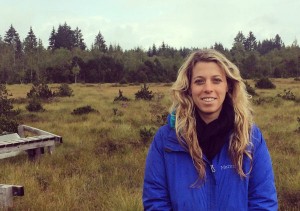
Daniella’s long-term research goal is to promote the sustainability of water resources by contributing to a mechanistic understanding of groundwater and vadose-zone processes, particularly in mountainous regions. Her current research focuses on understanding controls on the spatial pattern of weathering on actively eroding landscapes and the implications of that weathering on moisture storage and transport in fractured rock.
Daniella’s expertise lies in hydrologic field observations, fluid flow and near surface geophysics. She holds a doctorate in Earth and Planetary Science and a Masters of Science in Environmental Engineering, both from the University of California, Berkeley and a Bachelors of Science in Geosystems Engineering and Hydrogeology from the University of Texas at Austin. Daniella’s research experience and outlook are highly interdisciplinary and she actively collaborates with a diverse network of scientists through the NSF Critical Zone Observatory program and the Wyoming Center for Environmental Hydrology and Geophysics. She has also had the amazing opportunity to both take (left) and teach (right) UT Hydrocamp! Hook 'em.
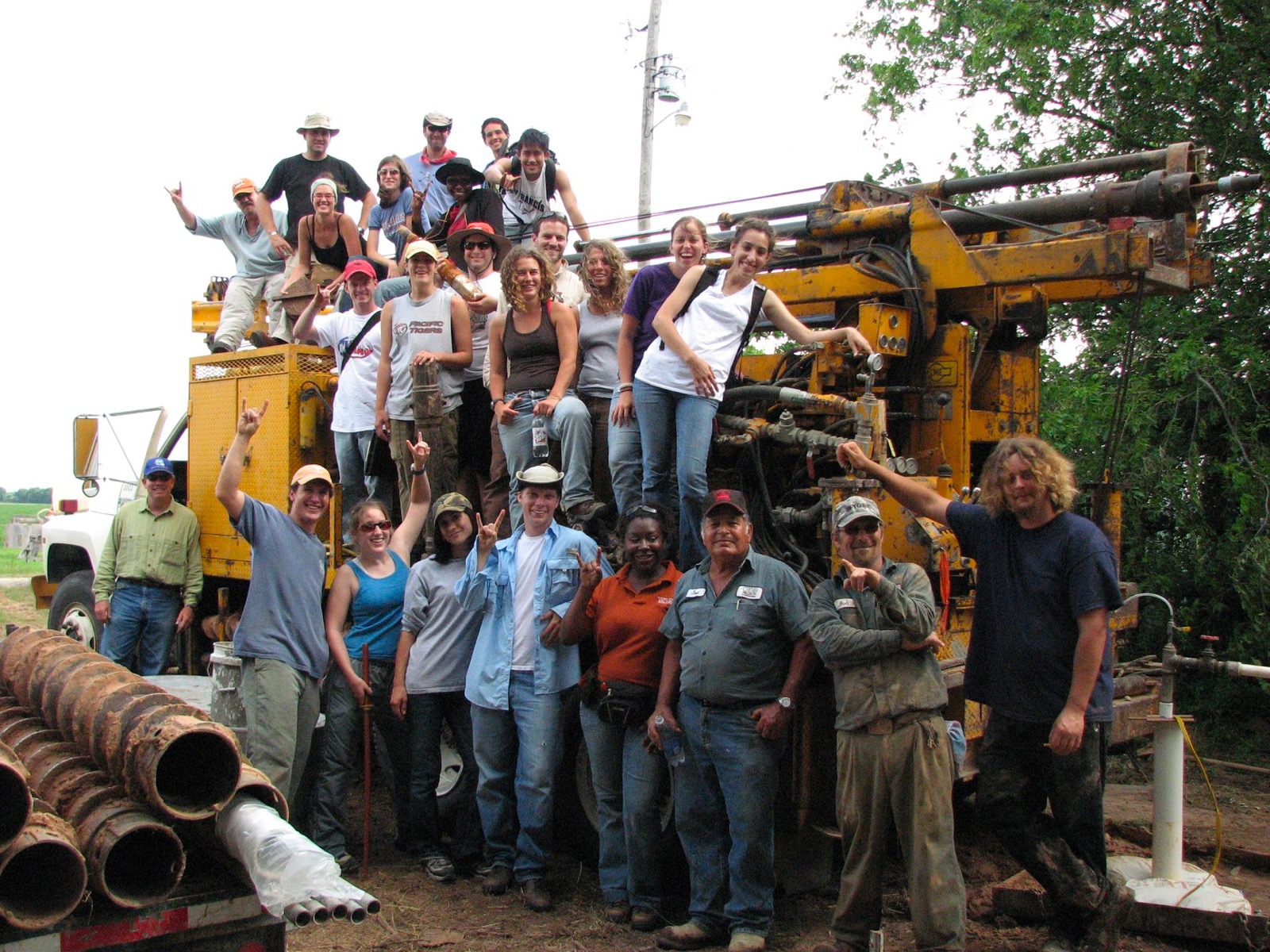
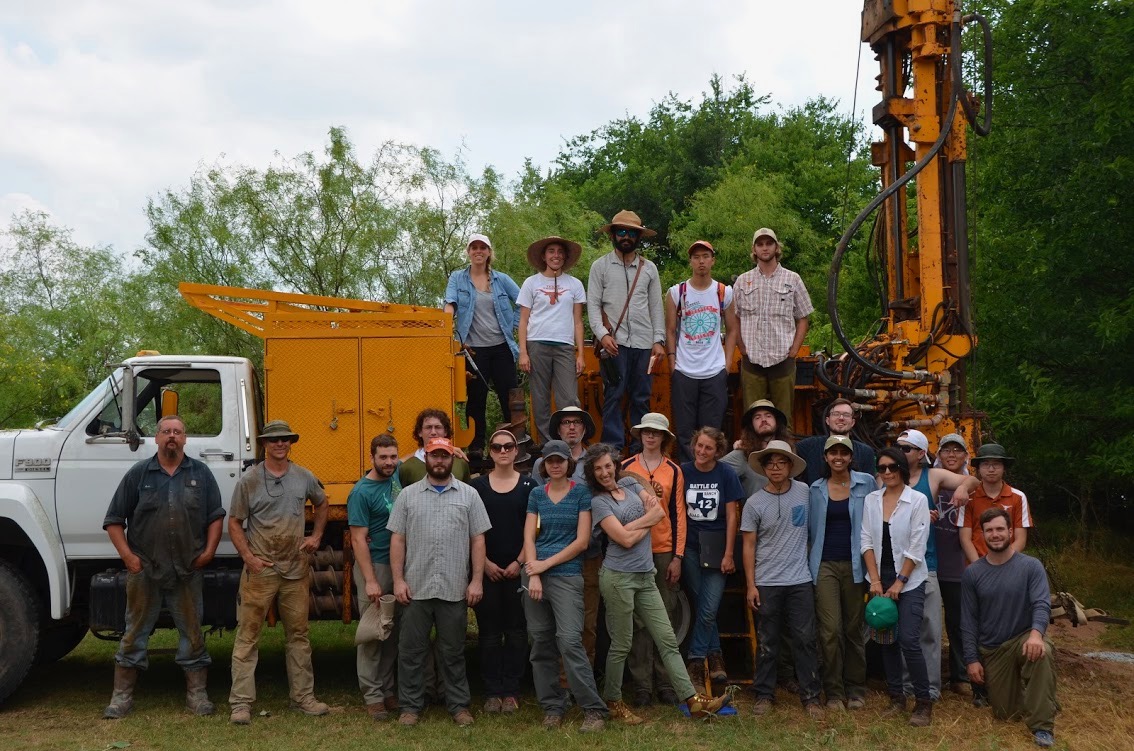
Graduate Students
Alison Tune
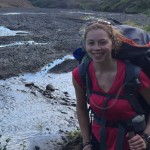
PhD expected 2021
B.A. Environmental Earth Science, Washington University in St. Louis, 2014
Alison is interested in understanding the biotic influences on water cycling throughout the critical zone. Her research focuses on the role of microorganisms on dictating water flow pathways in the unsaturated zone. In particular, she is interested in weathering induced by microbial activity within the fractured hillslopes of the Eel Critical Zone Observatory, and how that is represented in chemical and physical observations. Check out her website to learn more!
Logan Marcos Schmidt
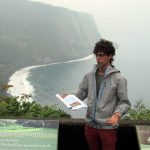
PhD expected 2022
B.S. Geophysics, University of Texas at Austin, 2017
Logan is interested in the shallow subsurface and its interaction with terrestrial ecosystems. His graduate research seeks to characterize and model the physical and hydraulic properties of the upper ~100 meters of the surface using geophysical techniques.
Research Associates
K. Dana Chadwick
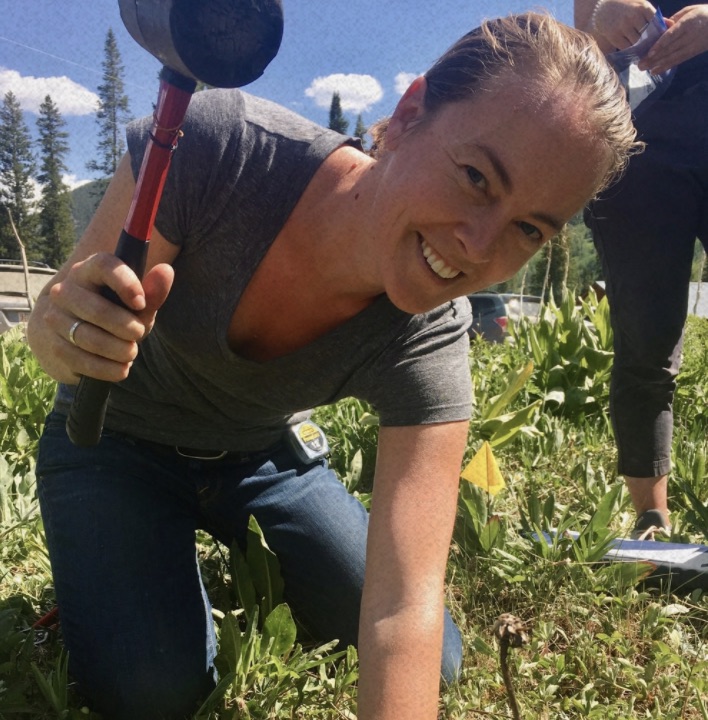
Ph.D. Stanford
Dana is an Earth System scientist researching the interconnections among ecosystems, critical zone processes, and the evolution of landscapes. Her work primarily utilizes airborne platforms that integrate imaging spectroscopy and lidar sensors, extensive field sampling campaigns, and laboratory analyses. She combine these techniques in order to uncover spatial distributions of ecosystem characteristics and link these patterns to underlying processes. Check out her website to learn more.
Undergraduate Researchers
Daphne Smith
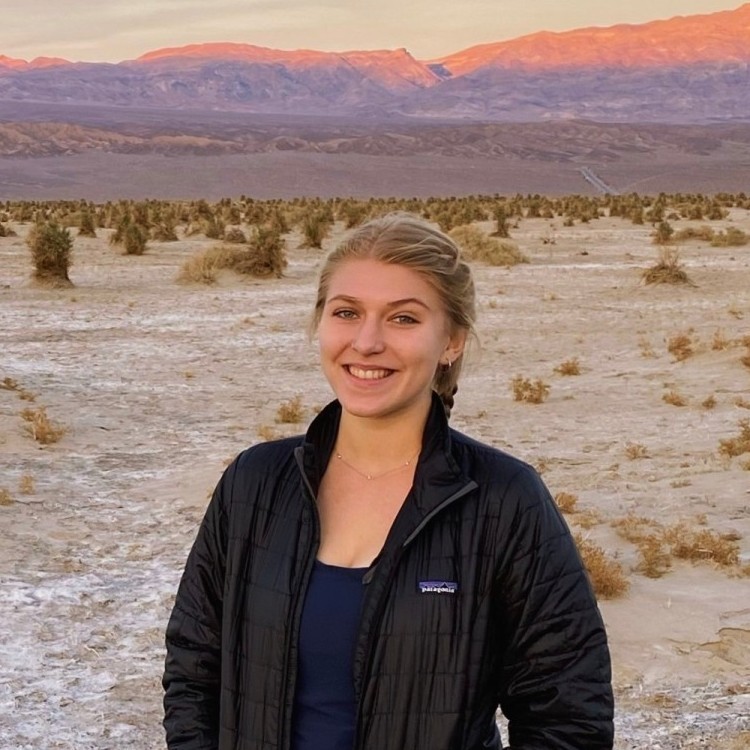
B.S. Expected 2022
Daphne is interested in XXX. She has been an integral part of the field campaign at the White Outdoor Learning Center where she conducts weekly measurements of soil and bedrock carbon and oxygen fluxes.
Xochitlinda Gonzales
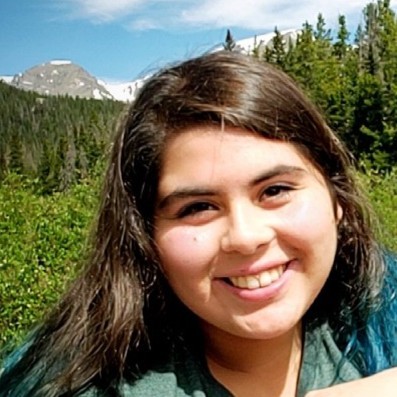
B.S. Expected 2022
Xochitlinda is interested in XXX. She has been an integral part of the field campaign at the White Outdoor Learning Center where she conducts weekly neutron probe measurements to investigate the role of rock moisture in supplying ET to vegetation.
